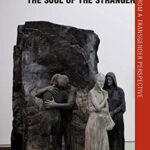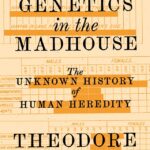
How the Exile Compels the Acceptance of the Community
Overall, The Soul of the Stranger is a daring book. Ladin dares to speak as a transgender person, unapologetically, and assert that transgender people have a place in Judaism, whatever people may say and think.









